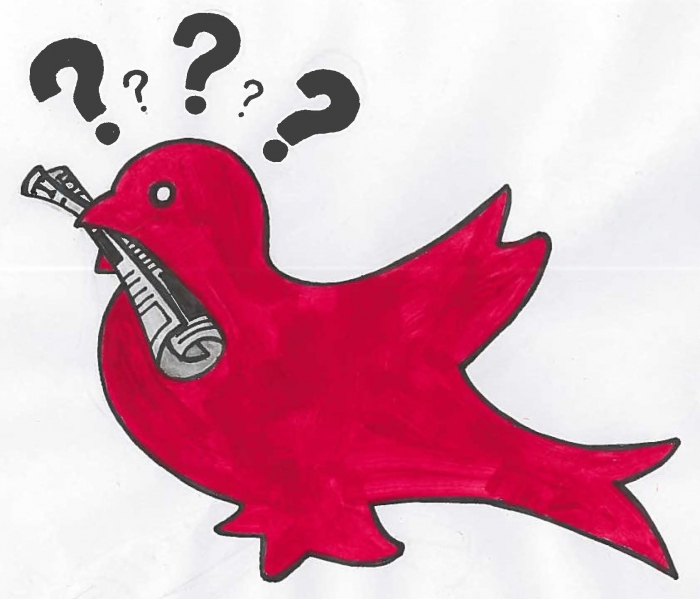McGill Security Services are an integral role in keeping our campus community safe. The force completes a variety of daily security and patrolling tasks, ensures that on-campus events remain safe, and works with the Service de police de la ville de Montréal (SPVM) to keep the peace and ensure students’ safety on and near campus.
All security agents are required by law to be licensed by the Quebec Bureau de la Sécurité Privée. According to Director of Campus Public Safety Pierre Barbarie, security agents’ powers differ from those of police in the use of force and their ability to arrest individuals.
“If […] a criminal act is being committed in front [of an agent], we have the power just like any other citizen to react to that, versus a police officer [… who] has a right to detain and arrest,” Barbarie said. “Everyone has a right to defend themselves, so that use of force usually comes down to personal safety.”
The daily tasks of these agents include patrols and responding to calls.
“Our patrollers will go around campus and just ensure everyone is in a safe environment,” Barbarie said. “[Agents] show [their] presence [and] verify calls [security] may receive at the control centre [….] The goal has always been to be there for students, faculty, and staff.”
All events on campus are supervised by McGill Security Services, with the exception of events within the Shatner Building, which are monitored by the Students’ Society of McGill University (SSMU) Security Department. The two security services collaborate on large events, such as 4Floors, which takes place in the Fall semester of each year. SSMU President Ben Ger said a good relationship between SSMU and McGill Security Services allow for a better coordination with the university.
“Since the SSMU team […] has such a large role in organizing and participating in events on campus, a good working relationship with [McGill Security Services] and a solid knowledge base on how they operate allows for us to have a healthy and productive working relationship with the university,” Ger said.
Ger explained how the high number of students attending SSMU events, such as Activities Night, presents challenging security risks for agents.
“Years where there is increased traffic […] during events […] often requires more agents [and] security measures to be in place,” Ger said. “When events come close to selling out there is […] an additional security concern that needs to be evaluated if we want to provide a safe and fun environment for students.”
As for other events held on campus, such as Open Air Pub (OAP), security and event organizers coordinate. McGill Security Services have a special events liaison to help event organizers and security work in tandem.
“We work closely with the event organizers,” Barbarie said. “We have a person that is assigned to special events, so he’ll meet with event organizers […] and determine [their] needs. The guidelines then trickle down to the agents.”
Security personnel do not report to the event organizers. Instead, they continue to report to the McGill control centre.
Additional initiatives that McGill Security Services are working on include supporting the student-run Walksafe program as well as providing their own escort service. The Active Shooter Protocol was also created by the Campus Public Safety office. Barbarie said an active shooter is the most worrying new challenge faced by security personnel.
“When I started in 2000, I wasn’t thinking of armed individuals coming on our campus and now [we must prepare for the possibility of these and] terrorist acts,” Barbarie said. “Not because we expect something to happen, but mostly we want people to be prepared.”
Fortunately, McGill does not commonly face acts of violence. According to Barbarie, the most common report is theft, especially of laptops. To combat the theft of laptops, McGill Security Services retail a STOP plate — a metal sticker designed to prevent the resale of stolen laptops.
If there is ever any sort of incident on campus, Barbarie would urge students to contact 9-1-1 if they feel it is necessary. When 9-1-1 is called on a McGill landline, the security dispatch centre will monitor the call, respond to it, and assist emergency personnel when they arrive. If an emergency is reported on a cellphone, students should still contact security to inform them of the situation.
Students can also receive emergency notifications from Campus Public Safety through the McGill App and SMS text messages.








